Black History Month: Will We Ever Make Significant Progress?
By Miriam Muley, CEO and Author, The 85% Niche and Co-Leader, IAC Leadership Council

I’ll always remember the day I fully came to terms with being black in Corporate America. I was freshly scrubbed out of Columbia University Graduate School of Business. Armed with my MBA, I envisioned myself as top-rated future CEO material. I had a few early successes under my belt and was feeling very confident that my time would soon come for a more senior role.
“You will never make it to the top,” were the words told to me in private by a white male manager. “The relationships here go way back and the old boy network is very much alive and well. You will never fit in.” His cold, steel-blue eyes stared at me, as I gathered the power of self-control to tell him that my work would speak for itself and provide a path for my success.
His words stung and hurt – but in many ways, were true. Although I was used to nearly always being one of the few black people in a meeting and certainly always being the only Afro Latina {1}. I was confident that I would be measured by the quality of my work and not by the color of my skin, my gender, or my family ancestry. I would recall my father’s words as a way of building my confidence: “Hay que adelantar la raza,” which means, “We have to advance the race.” While some regard this expression as rooted in Latino racism, I interpreted this as a push to be better and to excel despite the racial biases many people hold. After all, working in corporate America is about business and not personal, isn’t it? Aren’t we all committed to driving business results, increasing market share and delivering a healthy ROI for shareholders? Why should the color of one’s skin be a limitation for great ideas and an impediment to financial performance?
I’ve matured and while I remain confident at heart, I have learned that the roadblocks of racism and double standards people of diverse backgrounds experience are very visible and very much alive. Despite many well-intentioned efforts and financial investments by corporations to address workplace inclusion, the challenges remain. The systems, infrastructure, culture and leadership have not changed fast enough to clear the way for young, perhaps naïve, but emerging leaders, whose experiences are a source of competitive advantage.
Yes, black people occupy leadership roles, but not anywhere near their representation as college-degree holders in the U.S. The percentage of black students in college increased from 31% to 36% between 2000 and 2016; the percentage of Black students in medical school increased from 5.6% in 1980 to 7.7% in 2016; the percentage of black engineers receiving doctoral degrees increased 36% (2011 – 2016); and the number of black attorneys increased by 15% in the last 10 years (2009 vs. 2019).{2} Yet, black/African Americans occupy only 3.2% of the senior leadership roles at large
companies in the U.S. and just 0.8% of all Fortune 500 CEO positions, according to the Center for Talent Innovation.
Unconscious bias is certainly among the major obstacles impeding growth of black/African American employees in corporations coupled with a growing sense of white privilege. Studies have shown that more than other groups, African Americans experience bias more often and more overtly than other groups, are held to a higher standard of excellence, and are evaluated more negatively than white
leaders who perform equally well. {3} And white privilege, by definition, means having greater access to power and resources than people of color [in the same situation] do. {4}
What worked for me in my career was ultimately leaving the old boy’s network and finding a company culture that was aligned with my vision and potential. I joined another Fortune 100 company with greater P&L responsibility and leadership opportunity, and, for the first time, reported to a powerful black woman who was a VP. Life could not have been any better! The diversity in leadership and positive role-modeling coupled with my belief that at the end of the day, the work I produce is the most important, made all the difference in my success and mental well-being. This response to role-modeling has been validated in research. Specifically, The Center for Talent and Innovation reports that when you have diverse individuals in top jobs, employees are 64% less likely to perceive bias and 19% more likely to be engaged.
Later in my career, I took the entrepreneurial leap from corporate executive to solopreneur and have dedicated my professional life as CEO of The 85% Niche, a global marketing, diversity and inclusion consultancy, to communicate and advance the needs of women, women of color and broadly diverse groups – as consumers, employees and entrepreneurs.
It will take more than 200 years without active intervention for gender equality in the workplace, but it will take much longer for black people to be fairly represented in the workplace. We don’t have the luxury of waiting that long and of allowing old boy’s networks to interfere with performance. Businesses demand the full engagement of all employees to perform and not just a select few. {5}
1 Afro Latina – one of the 22 million+ Afro Latinos in the U.S. whose racial ancestry is from Africa but whose cultural roots are from a Spanish-speaking country in the Caribbean or Latin America.
2 https://nces.ed.gov/programs/raceindicators/indicator_REA.asp;
https://www.usatoday.com/story/news/health/2019/02/28/medical-school-student-african-american-enrollment-black-doctors-
health-disparity/2841925002/; https://www.aplu.org/library/the-2018-status-report-on-engineering-education-a-snapshot-of-
diversity-in-degrees-conferred-in-engineering/File;
https://www.americanbar.org/content/dam/aba/administrative/market_research/total-national-lawyer-population-1878-2019.pdf; https://www.americanbar.org/content/dam/aba/administrative/market_research/national-lawyer-population-demographics-2009- 2019.pdf
